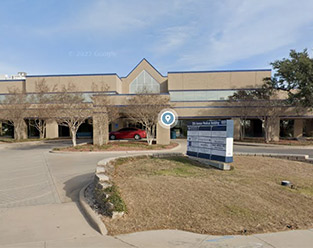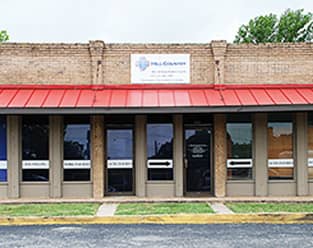When Do You Need to Seek Medical Attention? What Can a Healthcare Professional Do for You?
 Chronic pain can have many sources. It may stem from a slip-and-fall or a car accident, or it may result from a degenerative condition or illness. We all experience pain in our lives, but how do you know when you need to seek medical attention for persistent pain? What kind of treatment options can you expect from a healthcare professional?
Chronic pain can have many sources. It may stem from a slip-and-fall or a car accident, or it may result from a degenerative condition or illness. We all experience pain in our lives, but how do you know when you need to seek medical attention for persistent pain? What kind of treatment options can you expect from a healthcare professional?
Telltale Signs That You Should Seek Medical Care to Manage Chronic Pain
Pain is typically characterized as either acute or chronic. Acute pain is often associated with some type of trauma or accident; it can be intense; and it’s generally short-lived. Chronic pain may also stem from trauma, but it tends to be less severe and more persistent. Here are some indicators that your pain has become chronic and that it’s time to consult with a healthcare professional:
- You’ve been taking over-the-counter painkillers or anti-inflammatory drugs for more than a few weeks.
- Your at-home treatments, including ice, rest, elevation, compression, and OTC drugs, are not helping you manage the pain.
- You have canceled planned activities because of the pain.
- The pain is negatively affecting your ability to sleep.
- You have limited range of motion because of the pain.
- The pain has persisted for months.
If you are experiencing any of the above symptoms, you should immediately schedule an appointment with your primary care physician. Untreated pain in one area of the body can change how you use the rest of your body and lead to health issues in areas unrelated to the original injury.
What Can a Healthcare Professional Do to Help You Manage Chronic Pain?
An experienced health and wellness practitioner will first attempt to determine the cause and source of your pain. In some situations, if the cause can be identified, lifestyle changes can be recommended that will resolve your pain issues over time.
In many instances, though, the cause may not be treatable and your doctor must help you manage the pain. That’s typically done three ways:
- Medical therapy—This may include exercise programs, physical therapy, occupational therapy, and rehabilitation strategies.
- Lifestyle changes—Your doctor may prescribe a progressive exercise regimen, weight loss, or other adjustments to address and minimize chronic pain.
- Medication—Painkillers, muscle relaxers, and anti-inflammatories can provide relief.
Contact Us to Set Up an Appointment
At Advantage Healthcare Systems, we have extensive experience working successfully with individuals who suffer a concussion or other type of traumatic brain injury. Call us toll-free at 1-877-487-8289 or fill out the form provided below to schedule an assessment. We offer locations across Texas, including Fort Worth, Dallas, and San Antonio.





